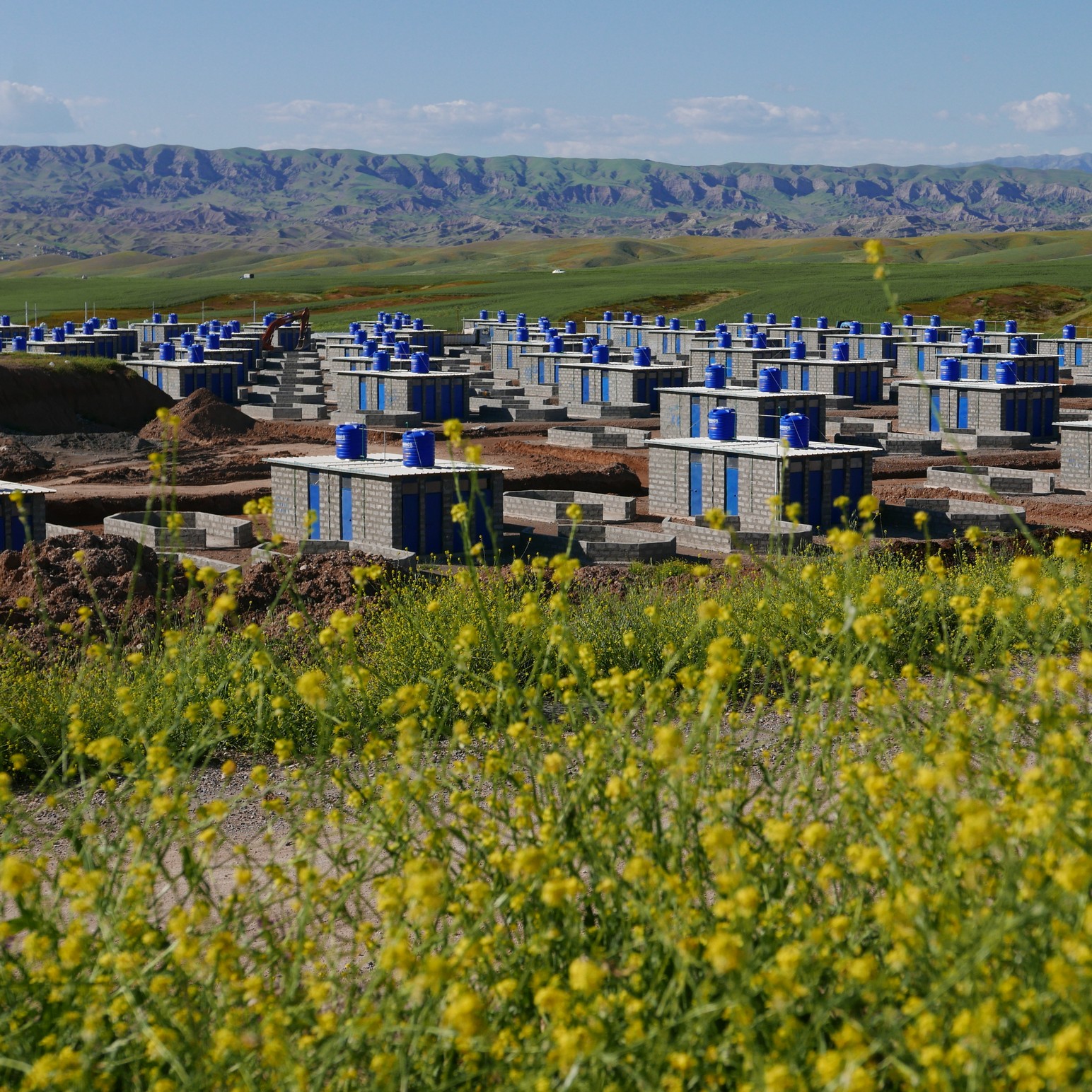Trajectories of reintegration. The impacts of displacement, migration and return on social change
Status
closed
Topics
- Migration and Forced Displacement

Over the course of four years (2019–2023), the qualitative and multi-sited research project “Trajectories of reintegration. The impacts of displacement, migration and return on social change” conducted a long-term investigation of the reintegration trajectories of returning migrants and (internally) displaced persons.The study investigated the living conditions of returnees and asked for their perceptions, experiences and strategies against the background of the socio-political context in countries of origin, transit and destination as well as different framework conditions in the context of reintegration. In addition, it took into consideration returnees with diverse demographic characteristics (e.g. level of education, socio-cultural background, age and gender, resources, networks of returnees and duration of stay in the receiving countries). By taking into account both unassisted (self-organised) and assisted returns and analysing reintegration trajectories over longer periods of time, the project responded to a scarcity of comparative studies in this regard and aimed to contribute to evidence-based insights for development cooperation initiatives in the field of migration and reintegration.
The following three research questions guided the study:
a) How do social and biographical factors influence the reintegration of returnees?
b) How do the type and duration of assistance influence the reintegration trajectories considering the varied characteristics of individuals?
c) Which livelihood strategies do returnees apply, and how can they be assessed and supported in the long term?
The multi-sited study was based on in-depth empirical research in the three following research regions:
/ Western Balkans (Serbia, Albania, Bosnia and Herzegovina,
Kosovo),
/ West Africa (Ghana, Senegal, the Gambia), and
/ the Middle East (Iraq).
The project followed a qualitative, dialogue-oriented and participative research approach: During several months of field research, the research team collected primary data through in-depth qualitative interviews, life stories, informal conversations and observations. The sample of 725 interview participants included returnees who had been displaced (refugees, rejected asylum-seekers), who had been long-term labour migrants, ‘irregular’ migrants, student migrants and circular or seasonal migrants. In addition, the research team conducted 213 semi-structured expert interviews with stakeholders, including government officials, municipal actors and representatives of local NGOs, scholars, service providers and development agencies.The project team cooperated closely with local research partners who contributed to the data collection, integrating their feedback into the analysis. Capacity exchange also included training courses for student assistants participating in the research. Moreover, several stakeholder workshops in the countries of research and different consultation formats in Germany ensured extensive and continuous exchange between academia, decision-makers and implementing organisations of reintegration assistance.
The project's research findings illustrate that:
/ reintegration processes—understood as the processes that unfold after return to a country of origin or place of previous residence as returnees attempt to re-establish their lives—often relate to returnees’ access to livelihood options, their long-term aspirations and life plans, their sense of belonging to a place and community of return, as well as the political context and governance structures in the origin country;
/ formal return and reintegration assistance schemes have only short-term and partial impacts on reintegration processes by, for instance, easing access to accommodation, offering in-kind or cash assistance and providing legal aid in the first few years of returns, but it is return preparedness—the returnee’s willingness and readiness to return—along with the support of social networks and favourable institutional context conditions that proves to be more impactful on reintegration than the formal assistance given by organisations;
/ returnees see mobility and translocal connectedness as essential livelihood options and part of their reintegration experiences. Thus, returns are likely to be followed by remigration, including circular movements or pendular migration. Remigration and circular migration should therefore be considered a component of reintegration.Research results of the empirical country case studies and context-specific policy recommendations have been widely published, e.g. in BICC Working Papers, academic publications and Policy Briefs, as well as background papers directly informing policymakers. A Synthesis Report highlights and brings together selected findings of the empirical studies.
Project Leader
Project Team
- PD Dr Elke Grawert
- Dr Katja Mielke
- Dr Markus Rudolf
- Dr Ester Serra Mingot
- Professor Dr Conrad Schetter
- Clara Schmitz-Pranghe
- Ruth Vollmer
- Meier
Funder
- German Federal Ministry for Economic Cooperation and Development (BMZ)
Duration of project
2019-2023


